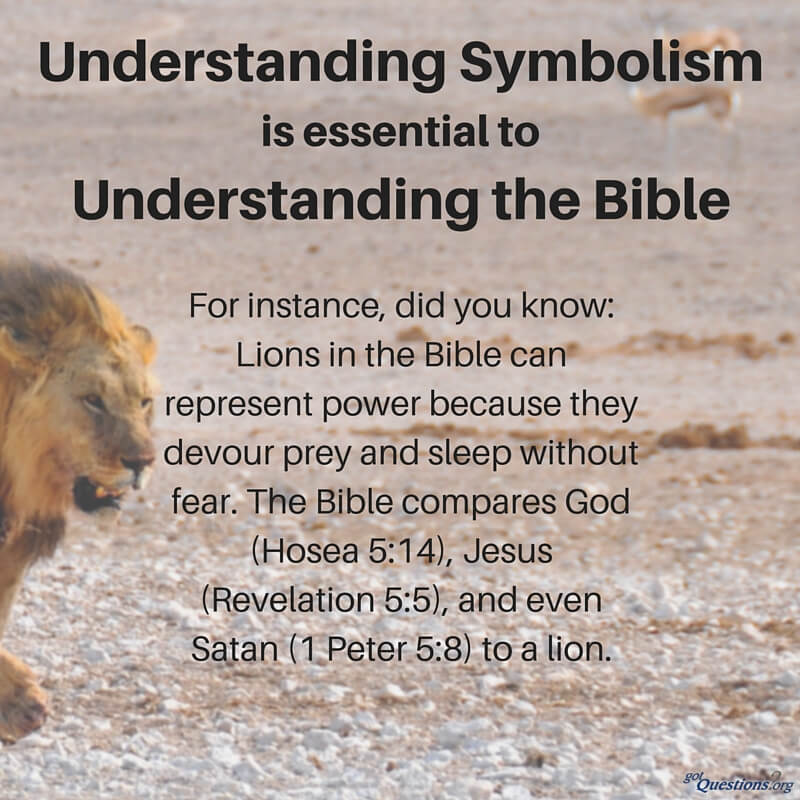What Does Number 14 Mean in the Bible? 
The number 14 is associated with balance and success. This could mean success with money, new relationships, or important decisions. However, the biblical significance of this number indicates that you need to release yourself from certain situations to find the right balance in your life. In addition, this number can mean new beginnings, but the exact meaning is up to you.
Angel number 14 is a sign of reassurance
The angels will encourage you to follow your goals. Achieving your goals often involves accepting change and transformation. Even though this can be challenging, it is important to stay focused on the goal and make your intentions clear. Your angels will be there to encourage you no matter what obstacles or circumstances you face.
The angel number 14 means that your guardian angels want you to choose a path closer to your divine purpose. They will play a vital role in helping you achieve this purpose. To achieve success, focus on goals that you want to accomplish and do them without hurting others.
Confidence
The number 14 represents personal well-being. It is a sign to focus on the things you want to achieve and to focus on making your dreams come true. The universe will take care of everything else. Do not let life’s daily distractions get in the way of achieving your goals.
In the Bible, the number 14 is associated with both positive and negative meanings. In the book of Numbers, the Creator was angry with the people because they were living a sinful life. In the 14th chapter of Numbers, Moses was asked how long the people would live in rebellion against the Creator.
Individuality
Individuality and number 14 are closely linked in the Bible. The first mention of fourteen is found in Genesis 3:15, where God prophesied that Jesus would crush the serpent’s head. In Revelation 12:17, the serpent tries to slay the Virgin Mary, but she defends her son and the Church. The number is also related to Korah, an Israelite rebel recorded in the Book of Numbers. Another reference is found in Matthew 1:17, where Jesus’ genealogy is divided into three sets of fourteen generations.
Throughout the Bible, the number 14 appears numerous times. In Genesis 7, two men named Noah and the two animals they brought were to be gathered together. During that time, the ark had fourteen people in it. This number represents salvation and deliverance. In addition, the number fourteen refers to the number of years the children of Israel spent in Egyptian bondage.
New beginnings
There are many examples of new beginnings in the Bible. One example is the Israelites’ wandering in the desert for 40 years. Though God promised them land on a silver platter, they had to fight for it. They let fear and worry control them, and were eventually driven back to the wilderness.
However, God did not hold these experiences against people, as long as they are willing to repent and make a new start. Besides individuals, new beginnings can also be applied to communities and nations. For instance, the Bible tells us that God promised to deliver the children of Israel from Egyptian bonds. In a dramatic showdown at the Red Sea, God promised them a land flowing with milk and honey.
Taking initiative
As Christians, we often hear about the importance of initiation. However, the Bible tells a different story. The Bible tells us that if Eve had asked her husband for permission to eat the forbidden fruit, they would have avoided the first sin. Eve, however, usurped her husband’s role as initiative-taker, and led both husband and wife into sin. As a result, we are taught that a man is supposed to take initiative while a woman is supposed to follow.
Taking initiative is a key characteristic of true leadership. The Bible shows us that it is important to be courageous and willing to take the lead. Taking the lead requires courage, foresight, and faith. It also requires risk and the ability to deal with rejection.